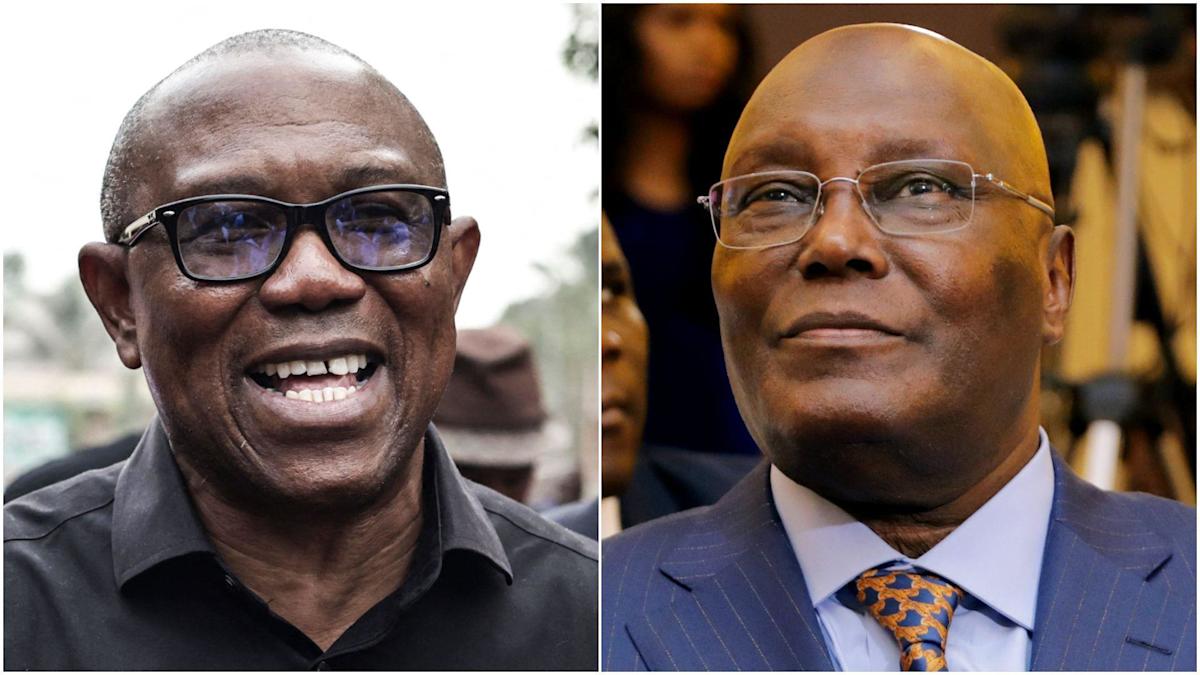Nigeria’s political landscape has been dramatically transformed by an unprecedented alliance of political heavyweights. In a move described as the most significant realignment since the end of military rule in 1999, leading opposition figures have set aside past rivalries to form a unified front against President Bola Tinubu and his ruling All Progressives Congress (APC) ahead of the 2027 general elections.
The Formation of a New Coalition
At the heart of this political earthquake are Atiku Abubakar and Peter Obi, two of Nigeria’s most prominent opposition leaders. Abubakar, a former vice president and perennial presidential contender, and Obi, the charismatic former governor of Anambra State, have both left their respective parties—the Peoples Democratic Party (PDP) and the Labour Party (LP)—to join the African Democratic Congress (ADC). Their decision follows months of high-level negotiations aimed at preventing a repeat of the 2023 election, where a divided opposition handed victory to Tinubu, who secured only 37% of the vote, while Abubakar and Obi split the opposition with 29% and 25% respectively.
This new coalition is not limited to Abubakar and Obi. Several influential figures from Tinubu’s own APC, including former Kaduna State governor Nasir El-Rufai and ex-minister Rotimi Amaechi, have also thrown their support behind the ADC. The interim chairman, David Mark, a former Senate president, has been instrumental in steering the coalition, emphasizing the need to “save the country’s democracy and stop Nigeria from becoming a one-party state”.
Why Are the Heavyweights Joining Forces?
The driving force behind this alliance is the recognition that a fragmented opposition cannot unseat an incumbent president in Nigeria’s winner-takes-all electoral system. In 2023, the opposition’s failure to unite allowed Tinubu to clinch victory with a mere plurality. Political analysts say Abubakar and Obi have learned from this mistake and now seek to “rectify their error by working together this time”.
Internal crises within both the PDP and LP—some allegedly fueled by external interference—have also pushed these leaders to seek a new political home. The ADC, though previously a minor player, has become the rallying point for this new movement, which aims to present a credible alternative to the APC and restore balance to Nigeria’s democracy.
The Stakes and Reactions
The stakes could not be higher. Nigeria, Africa’s most populous nation, faces mounting economic hardship, widespread insecurity, and growing public disillusionment with the political class. The new coalition argues that the country is at risk of sliding into a de facto one-party state, a scenario they are determined to prevent.
Reactions to the alliance have been swift and polarized:
APC’s Response: The ruling party has dismissed the coalition as inconsequential, with spokespersons labeling the defectors as “desperados” and predicting that the alliance will have little impact outside elite circles in Abuja.
Public Sentiment: Among ordinary Nigerians, the move has sparked both hope and skepticism. Some see it as a genuine opportunity for change, while others question whether the ADC has the national reach and grassroots structures needed to mount a serious challenge.
Political Analysts: Some analysts believe that, given the results of the last election, a united opposition could have won. Others caution that incumbents in Nigeria and across Africa rarely lose re-election bids, and that Tinubu’s incumbency gives him a significant advantage.
Challenges Ahead
Despite the optimism, the coalition faces significant hurdles. The ADC lacks the deep-rooted national structures of the PDP and APC, raising questions about its ability to mobilize voters across Nigeria’s 774 local government areas. Internal wrangling within the coalition has already begun, as state chairmen and national leaders negotiate terms for harmonization and power-sharing.
Moreover, the APC remains a formidable force, having itself come to power in 2015 through a similar coalition of opposition parties. The ruling party’s experience in coalition-building and its control of federal resources present formidable obstacles for the new alliance.
Conclusion
The coming together of Nigeria’s political heavyweights marks a watershed moment in the country’s democratic journey. Whether this alliance will succeed in unseating the APC and President Tinubu remains to be seen. What is clear, however, is that Nigerian politics has entered a new era of realignment, with the 2027 elections poised to be the most fiercely contested in decades. For millions of Nigerians yearning for change, the coalition offers a glimmer of hope—if it can overcome its own internal challenges and present a united, credible alternative to the status quo.

